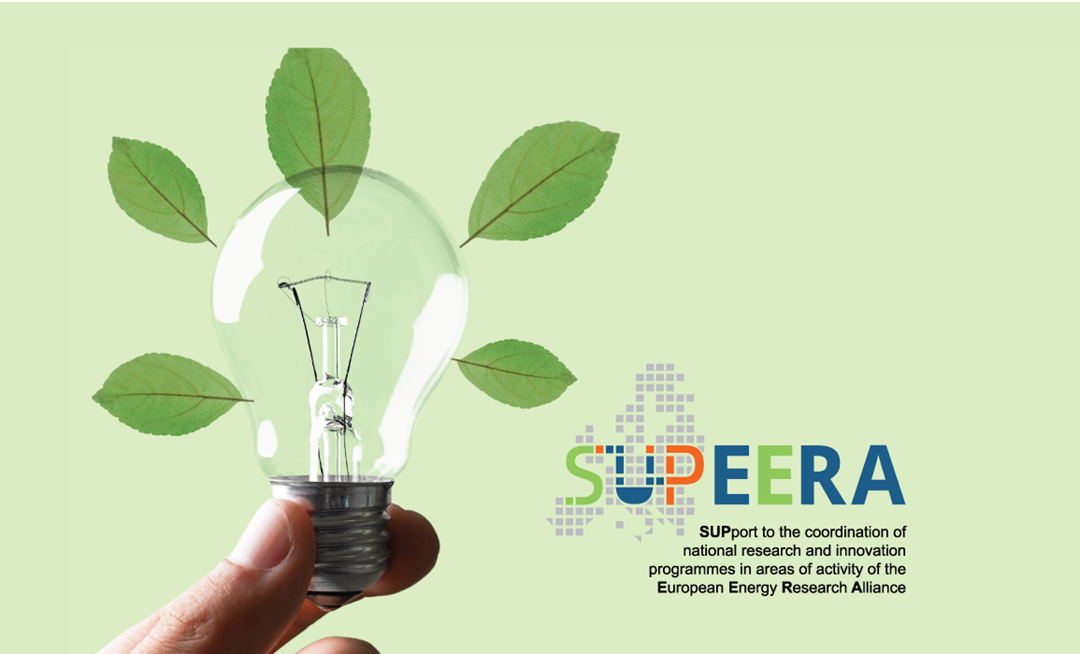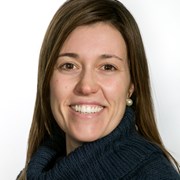The SUPEERA project, a flagship initiative of the European Energy Research Alliance and its partners, has the objective to support the coordination of research and innovation programmes in low-carbon energies. The webinar "Energy Sufficiency and Efficiency in the Fit for 55 Context: Challenges & Opportunities for Clean Energy Research" successfully showed the potential that coordinating efforts could have in advancing talks and knowledge-sharing in the field. With more than 100 participants, the diversity of the profiles assisting enriched the discussion and created a favourable environment for cross-cutting interaction.
The event was opened by Mr Radoš Horáček, representing the Directorate General for Energy in the European Commission. He presented the main features of the latest legislative proposals on energy efficiency, showing the Commission's plan to achieve a 9% reduction in energy consumption by 2030. Although the Member States should take up the goal, the current ambitions do not seem to coincide with the measures indicated in the countries' National Energy and Climate Plans (NECPs).
In this respect, Article 8 of the proposed revised Energy Efficiency Directive sets out the direction of policymaking in the next years, mainly excluding from the Commission’s energy efficiency calculations the savings coming from direct fossil fuel combustion. The main opportunities in terms of R&I challenges, in Mr Horáček's words, lie in better smart metering and appliances, coupled with the use of big data. Still, a mindset change will be key for energy efficiency efforts to become feasible. In particular, regarding the topic of energy sufficiency, the main impasse is represented by the heavy regulatory nature of the concept, which clashes with the objectives of the Commission in terms of growth.
The point of view of a Member State was brought forward by the second speaker, Mr Wolfgang D'Innocenzo, from the Permanent Representation of Italy to the European Union. He underlined the challenges in proposing EU standards for energy efficiency, as each Member State has specific conditions that might hamper or favour different approaches. Mr D'Innocenzo also highlighted that the energy efficiency principle, a key feature of the proposed revised Energy Efficiency Directive, might be limited in its application at individual project level by the systemic priorities of each country. He eventually raised doubts on implementing the energy sufficiency principle in a market economy without the risk of creating distortions in the system. When asked to express a point of view on the possibility of an annual carbon quota granted to every EU citizen (similarly to the current ETS system for EU industries), Mr D'Innocenzo expressed his interest in the idea. Still, he warned about the bureaucratic burden of its implementation.
The fundamental nature of continuous research efforts was the focal point of Ms Yvonne van Delft's intervention, representing the EERA Joint Programme on Energy Efficiency in Industrial Processes. The expert brought fundamental data to the conversation, showing that industry reached its peak in terms of energy efficiency throughout the 1990s until 2007. When comparing the 2007-2021 period, the pace of improvement has been slow-moving or non-existent in specific sectors. To invert this trend, and according to Ms Van Delft, industry needs to implement new production systems. In this respect, energy research in decarbonisation will be crucial, as green objectives will require increasing energy demand linked to hydrogen production and CO2 capture systems. Therefore, in the view of the expert, it is necessary to see such conditions taken into consideration by EU policies, starting from the currently proposed ‘Fit for 55’ legislation package.
The discussion was concluded by Mr Jakob Hebsgaard Mogensen, who brought to the audience's attention the successful experience of Green Lab Skive. A public-private initiative, GreenLab is a one-of-a-kind business park focused on producing in an environmentally friendly way. More than this, it represents an integrated system of renewable energy sources and industrial production, firmly imprinted on circular economy practices and green planning. With multiple companies coexisting in a single space exploiting a wind and solar farm, Mr Mogensen explained how GreenPark manages everything from energy production, storage, heating and cooling to highly smart industrial production. In the words of the speaker, this infrastructure shows that other realities could manage to create both growth and green production, concepts often put in contrast with each other. Answering to points raised by other speakers and questions by the audiences, Mr Mogensen underlined that, in his perspective, industry would respond better to energy sufficiency practices by incentives and not by regulation.
The four pitches showed a high level of intertwining, with speakers addressing the same topics from different points of view and interacting both with each other and the audience. The conversation led to the emergence of challenging questions and possible points of action for energy efficiency and the clean energy transition. The webinar clearly showcased how joining forces can positively impact all sectors, favouring the emergence of an innovation ecosystem that will enable the energy efficiency and sufficiency efforts needed to achieve climate neutrality by 2050.
For more details, you can consult the Agenda of the webinar, view the Recording of the session and access the Presentations.

